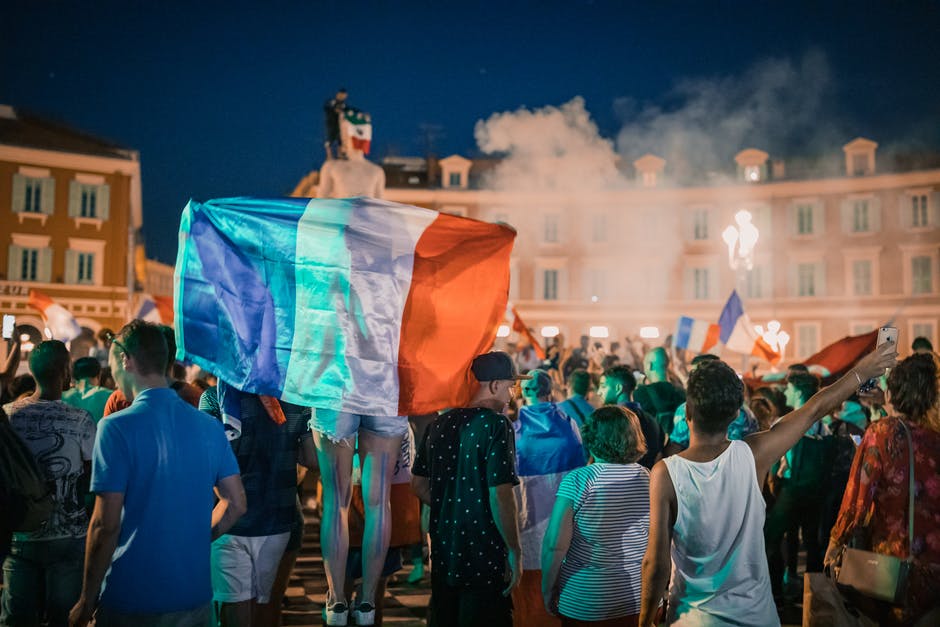France is a nation which proudly emphasizes its freedoms: its official national motto being “liberté, égalité, fraternité” (liberty, equality, fraternity). Among its most prominent and also controversial policies is what is called “laïcité,” with a meaning close to that of secularism but featuring some distinct nuances. Ever since its legal implementation in 1905, the policy has not ceased to spark unending debates and controversies in the domain of religious freedoms, as the essence of its execution has tended to form what many view as a paradox.
France is a self-described secular or non-religious nation, to the point that it does not even legally recognize religions, but only religious organizations. At face value, this may seem similar to the concept of “freedom of religion,” but in reality, there are drastic differences in both implications and applications. Technically, freedom of religion is allowed, and individuals are free to practice any religion within their private lives, but the policy enforces also the freedom of all citizens in the public not to have any religious influence or power imposed upon them. Essentially, expression of religion is not only discouraged, but in many circumstances forbidden within the public sphere.
All religious functions are entirely separated from state functions. As a notable example, a marriage performed by a minister in a church cannot even be legally recognized by the government. Valid marriages can be authorized only by a government official. On the other side, neither may any political figure publicly practice or endorse any religion. Discussion of religion is completely taboo within any government office or political campaign.

Although this is allegedly intended to protect the religious freedoms and rights of the citizens, the reality is that many religious citizens find it quite restricting. In particular, the Muslim population in France (which happens to be the largest such population in all of Europe) has felt particularly oppressed by the secularist regulations. Critics of French secularism assert that although the policy on paper claims to offer equal freedoms to all, there remains an unavoidable bias towards the religious roots of the nation which are predominantly Catholic, and the unique needs and rights of other minority religions are not truly taken into account.
While in most countries “freedom of religion” guarantees exemptions and special rights to anyone claiming any religious obligation, the French policy of eliminating religion from the public sphere tends to impede the rights of faiths which require a certain public presence. Within France, this has materialized most prominently in debate over the legality of traditional Muslim garments, in particular the various coverings worn by women.
These prohibitions began in 2004 with the forbidding of religious attire (including Muslim head coverings) in any public schools. In 2009, former president Nicolas Sarkozy stated publicly that religious face veilings were not welcome within France. This led to the more widespread ban of coverings in any public space in 2011. Despite being challenged by the European Court of Civil Rights in 2014, the validity of the prohibition was upheld.
In light of these growing prohibitions, activists have continued to fight for freedom of public religious expression even as the French government has continued to lobby for further restrictions. Earlier this year, as the French senate was weighing a bill that could further forbid even individuals in certain private sectors from wearing head coverings, a social media hashtag #HandsOffMyHijab has been trending to bring global awareness to the battle for religious freedom. The irony or paradox that the French variation of “freedom of religion” tends to actually impose religious restrictions continues to be a prominent international religious topic today, and its active debate is far from over.
